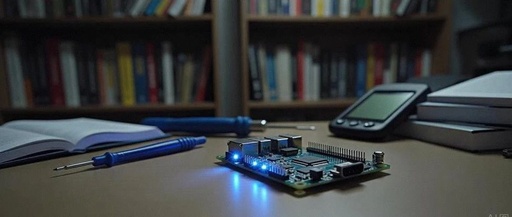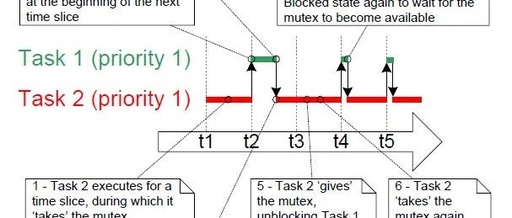Implementing Linked List Data Structure in C++
Implementing Linked List Data Structure in C++ A linked list is a type of linear data structure consisting of a series of nodes. Each node contains two parts: a data field and a pointer to the next node. Unlike arrays, linked lists do not require contiguous memory space, making them more efficient for insertion and … Read more









